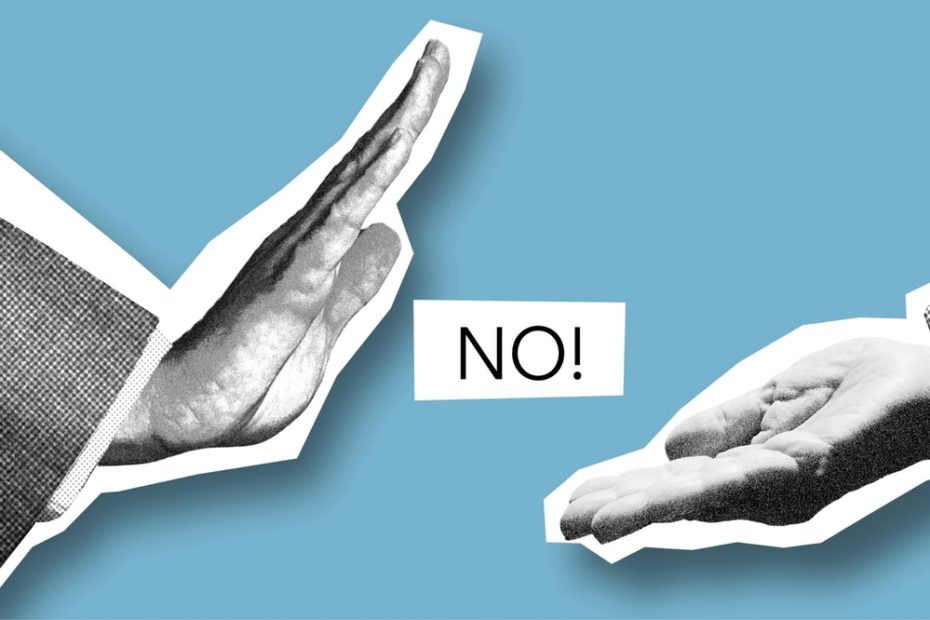Your SmartLynx compensation claim is denied. What can you do now?
Your compensation claim is rejected. It can be disheartening when you’re trying to seek compensation from SmartLynx on your own, especially if you’re unsure about your eligibility. What should you do next? Is it worth the effort? The answer is yes. One option is to let a flight compensation company take over from where you left off. However, there are other alternatives available as well.
You can continue to advocate for your rights independently.
Your SmartLynx Compensation Claim Is Rejected. Now What?
Your SmartLynx compensation claim is denied. What can you do now?
There are alternative ways for securing compensation from SmartLynx.
But, before taking further action, it’s crucial to revisit the law and familiarize yourself with your rights.
1. Collaborating With Flight Compensation Companies
The simplest method is to collaborate with a flight compensation company.
You only need to: complete an online form, provide a copy of your boarding pass and passport, and sign off the claim. Once done, the company takes care of everything else. You no longer need to interact with SmartLynx.
If there are any specific question, the compensation firm will reach out to you. The only downside is the service fee, as most flight compensation companies charge around 25-45% of the compensation.
Our associates offer such services.
When choosing this option, here is all you will have to do:
And that’s it — the rest is handled by professionals.
* Your boarding pass and passport or ID copy.
How much does it cost?
Typically, the service fee is about 25 to 45 per cent of the compensation. The remainder is transferred to you. In most cases, if you don’t receive compensation, there’s no fee.
However, before working with a flight compensation company, make sure you find out about the fees and the company’s policy.
Read more:
2. Reaching Out to the NEB of the Country Your Flight Originated From
Collaborating with a flight compensation company isn’t the only solution.
After attempting to contact the airline on your own and receiving a declined or ignored response, the next step is to reach out to the NEB (National Enforcement Bodies). This service is free, but it’s important to note that it may not be as simple as working with a flight compensation company and could potentially be time-consuming. Typically, it takes at least 2 months for the NEB to process your compensation request.
The major disadvantage — even if your request is approved, it does not guarantee that you will receive compensation. SmartLynx may still reject the request.
You can find a list of the National Enforcement Bodies here.
The National Enforcement Bodies assist passengers in the event of denied boarding, flight delay or cancellation, as well as enforce the regulation Regulation (EC) 261/2004 and make sure passengers are treated according to these rules.
3. Taking the Case to Court
Your SmartLynx compensation claim is denied.
The subsequent phase involves legal proceedings.
One should ideally wait for a favourable resolution from the NEB before taking legal action. This is beneficial, especially when challenging an airline, SmartLynx in this instance.
This path can be complex, but it is often effective. Before taking your issue to court, make sure your claim is justified. Review your rights and build your defence. Only then can you be sure it’s worth escalating to court. If you have a judgment from the NEB confirming your eligibility for compensation, include it in your court documents.
Bear in mind, that pursuing legal action involves expenses.

Extraordinary Circumstances
It’s quite common for airlines to not disclose the actual grounds for denying your claim.
They provide you with a broad reason, nothing more.
They have a tendency to tag “all” situations as extraordinary circumstances.
The reason behind this is simple – reimbursing compensation doesn’t generate profits for organizations. As a result, airlines try to avoid paying compensation. Airlines know that most travellers are not fully aware of their rights, and they take advantage of this lack of knowledge. Keep a sceptical mindset when you come across this term in the future.
According to EU regulation 261/2004, airlines are exempted from paying flight compensation when the disruption is due to exceptional circumstances. The exceptional circumstances encompass severe weather, security threats, political instability, airport staff strikes (excluding airline staff strikes), and hidden manufacturing flaws. That’s correct, only hidden manufacturing flaws are categorized as exceptional circumstances. The majority of technical issues fall under the responsibility of the airline.
Additionally, unfavourable weather conditions may not always be considered exceptional circumstances. In some cases, the weather can be accurately predicted. For example, snowfall during the winter season (unless it is uncommon in that area). In these situations, the airline should take the necessary measures to ensure the flight operates on time.
Determine the actual root cause behind the delay or cancellation. It matters.

When Is Flight Compensation Due From SmartLynx?
There are several situations where you have the right to claim flight compensation.
These include flight delays, cancellations, and being denied boarding due to overbooking.
1. Flight Delays
As per EU regulation 261/2004, you are eligible for compensation if your flight reaches its destination with a delay exceeding three hours. The delay must be the airline’s fault.
The compensation amount is determined by the length of the delay and the distance of the flight. To illustrate, if your flight from Riga to Tallinn, a relatively short distance of less than 1,500km, is delayed by four hours, you can claim €250 as compensation.
Read more: SmartLynx Flight Delay Compensation
2. Flight Cancellations
You can claim compensation if your flight is cancelled without a notice period of at least 14 days.
This flight cancellation must be the airline’s fault.
The amount of compensation varies based on the flight distance and the delay in reaching your destination. For example, if your flight from Rome to New York, which is a long distance of over 3,500km, is cancelled without adequate notice, causing a delay of more than four hours to your final destination, even with an alternative flight, you are entitled to €600 in compensation.
You may also opt for a full refund, instead of an alternative flight.
Read more: SmartLynx Flight Cancellation Compensation
3. Denied Boarding Due to Overbooking
Airlines sometimes overbook flights, assuming that not all passengers will show up.
If you’re denied boarding because of overbooking and you haven’t given up your seat voluntarily, you can request denied boarding compensation.
The compensation amount is based on the flight distance. For example, if your scheduled flight is from Berlin to Madrid, which falls within the medium distance range of 1,500km to 3,500km, and you are denied boarding due to overbooking, resulting in a delay of more than three hours to your final destination, you are entitled to €400 in compensation.
Read more: SmartLynx Denied Boarding Compensation
What is your experience with SmartLynx compensation claims? Do you have a first-hand experience of denied SmartLynx compensation claim? Did you take the case to NEB or court?
